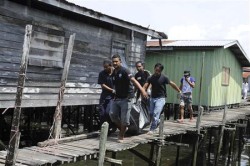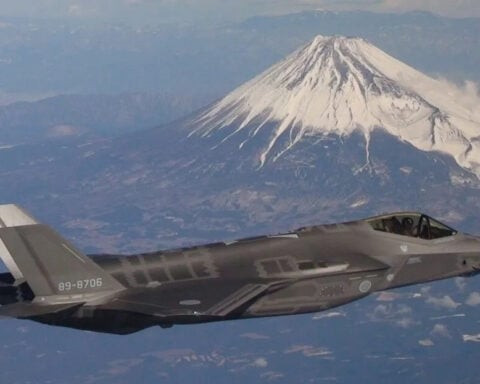
The standoff between the Malaysian armed forces and followers of the Sultanate of Sulu, who three weeks prior invaded the Malaysian province of Sabah, Borneo, escalated Tuesday.
After over 15 more deaths over the weekend brought estimated totals to 31, police and up to seven Malaysian army battalions assaulted the village of Lahad Datu Tuesday as three F-18s and five Hawks provided air support in, “Operation Sovereign.”
With limited official information following the assault it is hard to establish a clear picture of the outcome – Malaysia says it suffered no casualties and shot and killed one Sultanate follower– but the operation did not end the stand-off or account for all of the remaining followers.
Despite the security cordon of both the Malaysian and Philippines navies, some of the followers have returned to the Philippines in the past few days. A sympathetic boat captain, along with liberal bribes, reportedly helped 50 of the Sultan’s followers flee by sea to the Tawi Tawi islands in the Philippines.
View Borneo Bloodshed in a larger map
With parts of the Philippines only an hour away by speedboat, the seas remain a conduit to both end and sustain the standoff. After Tuesday’s assault the Philippines Department of Foreign Affairs reiterated its commitment to maintaining and tightening a joint naval blockade with Malaysia to prevent more reinforcements.
Meanwhile in Sabah, police have been moving house-to-house to search for remaining followers, and will expand the search area. Amid reports that more fighters had arrived despite the naval patrols, a fragile peace process in the Philippines, and an unsettled Filipino population in Sabah, the fears are not just that the violence will continue, but that the violence may spread.




